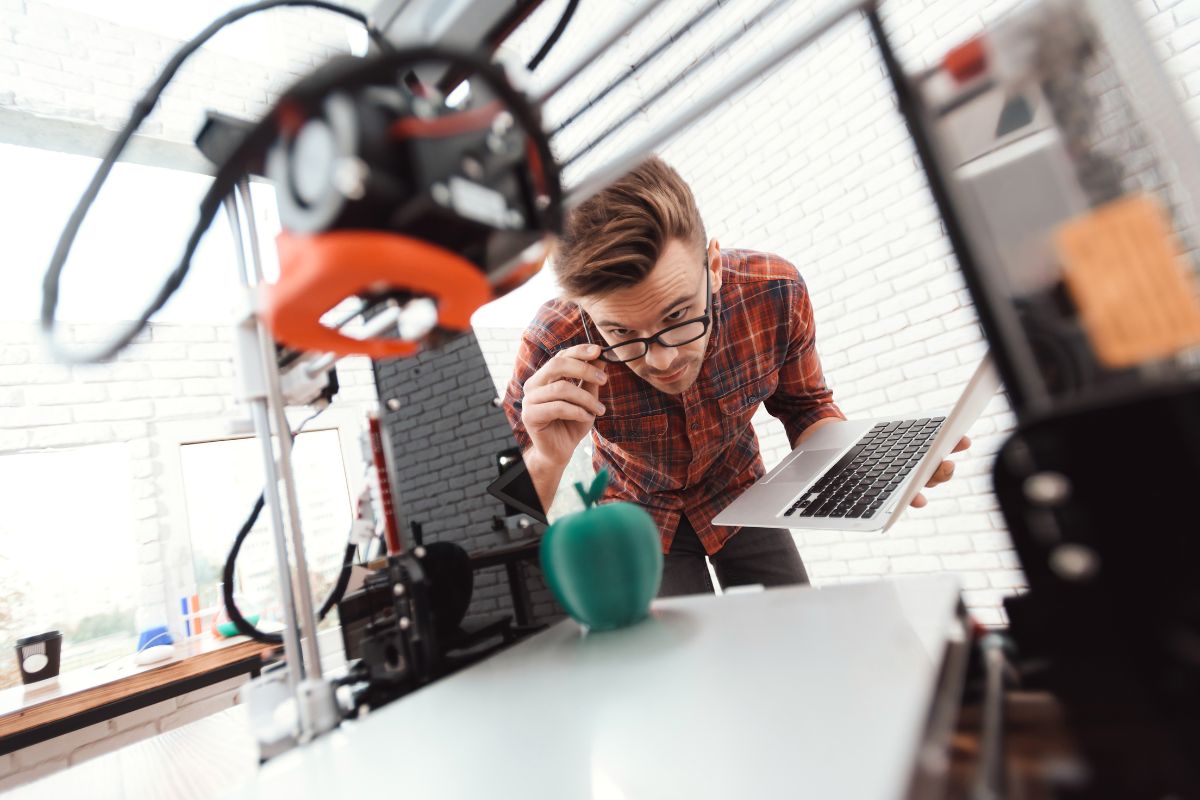
3D printing is growing in popularity as a hobby for many home tech users. However, keeping equipment in good condition can be challenging for newcomers. For example, protecting your materials and devices from moisture is essential to preserve your setup.
Usually, 3D printers and filaments take on excess water through humidity. From creating jams to lowering your project’s overall quality, moisture affects 3D printing materials in several ways. Learn how so that you can create strong, beautiful prints and increase your device’s longevity.
Weak Filament
Moisture damages the integrity of your materials. Even though one of the pros of 2.85mm filament vs. 1.75mm filament is its resistance to moisture, that doesn’t mean it’s totally waterproof. Excess water makes filaments swell, creating air pockets upon evaporation.
These gaps leave empty spaces that you might not be able to see with the naked eye. Even so, evaporated water changes your filament’s structure. The materials become brittle, easy to snap, and hard to print with.
Extruder Blockages
Wet materials also damage your expensive devices. 3D printers use hot nozzles to melt and extrude filaments. When your supplies retain moisture, they don’t melt correctly. Instead, they create a paste that clogs your extruder.
Nozzle blockages are common in any printing process and are typically simple to remove. However, wet materials don’t just clog the tips of extruders. The thick paste coats entire holding reservoirs and causes backups that require complete device disassembly.
Poor Print Quality
Ultimately, moisture affects 3D printing materials by lowering your overall print quality. You need healthy filaments to create strong models that look great and work perfectly. Wet materials often fade in color, which reduces your print’s vibrancy.
Weak filaments create weak models. If your materials are brittle, your completed design is more likely to break. Once the water evaporates from the filament, you’ll find that the surfaces of your prints are rough. Excess moisture may also cause your materials to warp, making them hard to control.
Fortunately, protecting your materials from humidity is easy! All you need is a dry environment. Use dehumidifiers and air-tight containers to keep your supplies dry. Now, you can enjoy your new hobby and create cool models to use around the home.













